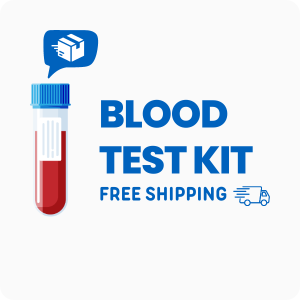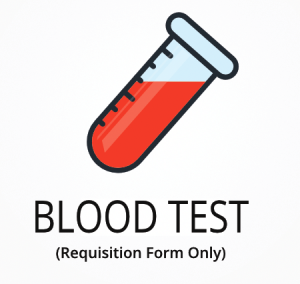Ordering the Anti-Jo-1 Antibody Test
Ordering the Anti-Jo-1 Antibody Test can help identify specific antibodies in your blood that may indicate certain autoimmune conditions. Interestingly, this test can also provide insights into muscle inflammation, which is not commonly known. When you order this test, you can expect the following benefits:
- Helps detect the presence of Anti-Jo-1 antibodies.
- Assists in diagnosing polymyositis and dermatomyositis.
- Supports the evaluation of interstitial lung disease.
- Provides information on potential autoimmune activity.
- Offers guidance for further medical evaluation.
Who Should Consider the Test
People experiencing unexplained muscle weakness or joint pain might find this test beneficial. For example, someone who notices increasing difficulty in climbing stairs or lifting objects may want to explore the underlying cause. Here are other scenarios where ordering this test might be relevant:
- Experiencing persistent muscle pain without a clear cause.
- Having a family history of autoimmune diseases.
- Noticing skin rashes that accompany muscle weakness.
- Developing respiratory issues alongside muscle symptoms.
- Unexplained fatigue that doesn’t improve with rest.
Ordering this test can help pinpoint the presence of specific antibodies linked to muscle inflammation and lung involvement. Delaying this test might lead to prolonged uncertainty about the cause of symptoms, which could affect treatment decisions.
How to Prepare for the Test
No fasting is required for the Anti-Jo-1 Antibody Test, allowing you to eat and drink normally before the test. It’s important to follow any instructions from your doctor or healthcare professional to ensure the test is conducted properly.
Labs Included When Ordering Your Anti-Jo-1 Antibody Test
| Test Name | Reference Range | Significance | Low and High Levels of Anti-Jo-1 Antibody |
|---|---|---|---|
| Anti-Jo-1 Antibody | Negative | This test detects antibodies that target specific proteins in the body, often associated with autoimmune conditions affecting muscles and lungs. | High levels mean there may be an autoimmune response affecting muscles or lungs.
Low levels mean a lower likelihood of these autoimmune conditions. |
Lab reference values are subject to change. Refer to the Quest Diagnostics lab test directory for current ranges.
Anti-Jo-1 Antibody FAQ
Is there Anti-Jo-1 Antibody testing near me?
To find nearby locations for Anti-Jo-1 Antibody testing, use the patient service center locator. This is especially helpful if you need a convenient site due to muscle weakness or joint pain, ensuring easy access to sample collection.
What is the cost of the test?
The cost of the Anti-Jo-1 Antibody Test includes all fees, such as those for sample collection at patient service centers. It’s worth ordering this test to identify potential autoimmune issues that could be affecting your muscles or lungs.
How often should I retest?
Retesting is generally recommended if symptoms persist or change, as it helps monitor antibody levels over time. Regular testing can provide valuable information for managing conditions related to muscle inflammation.
How accurate is the test?
The Anti-Jo-1 Antibody Test uses enzyme-linked immunosorbent assay (ELISA) to detect specific antibodies, ensuring precise results. TrueHealthLabs.com partners with CLIA-certified laboratories to uphold rigorous testing standards for dependable results.
Medical Review Board
Reviewed by Jeff Donohue M.D. from Body Logic and Brady Hurst DC, CCCN. Written by True Health Lab’s team of editorial health contributors.
Disclaimer: This information is for educational purposes only and not intended as medical advice. Consult your healthcare provider for personalized guidance.
Why Customers Trust True Health Labs - What People are saying
Also rated 4.6 out of 5 based on 3452 ShopperApproved reviews- See all TrueHealthLabs.com reviews.







